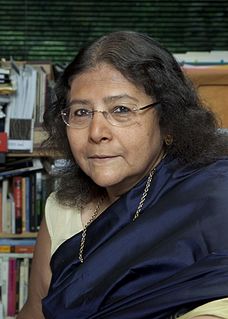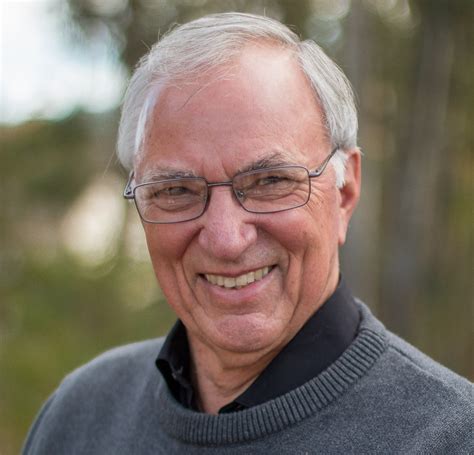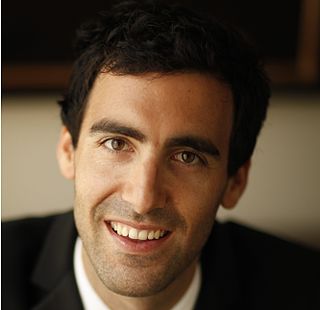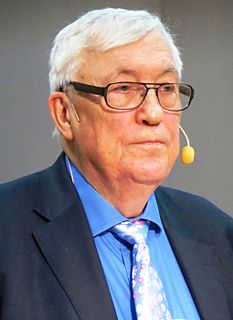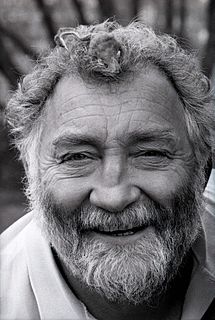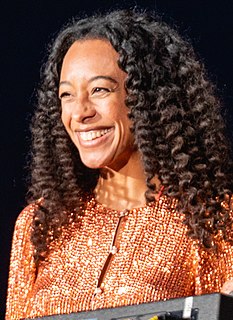A Quote by Sheila Jasanoff
Climate change is there as a reminder that we can get richer and safer societies that are also consuming more and more to the point where the stability of Earth's systems is being challenged at potentially catastrophic levels. I don't think we can stop that. Just the very same worries I have about prediction on the positive progressive side - I mean, predictions that say we'll be great, we'll be fine - also apply to predictions that are too catastrophic. I'm not sure we get those predictions right either.
Quote Topics
About
Also
Apply
Being
Catastrophic
Challenged
Change
Climate
Climate Change
Consuming
Earth
Either
Fine
Get
Get Rich
Great
Just
Levels
Mean
More
More And More
Not Sure
Point
Positive
Potentially
Prediction
Predictions
Progressive
Reminder
Richer
Right
Safer
Same
Say
Side
Societies
Stability
Stop
Sure
Systems
Think
Those
Too
Very
Worries
Related Quotes
I have been a biologist for a long time, and I hope I never stop getting shivers in my spine when I think about the beauty of how we come to know things in biology. Biologists make predictions, then they go out into the field or the lab to see if their predictions hold up. When hundreds of predictions of this sort are fulfilled, a theory reaches the point where it becomes certain, at least on a broad level. And that is where we are with evolution.
It makes no sense to seek a single best way to represent knowledge-because each particular form of expression also brings its particular limitations. For example, logic-based systems are very precise, but they make it hard to do reasoning with analogies. Similarly, statistical systems are useful for making predictions, but do not serve well to represent the reasons why those predictions are sometimes correct.
I have never seen myself as an alarmist but rather as a scientist with a critical viewpoint, and in that sense I have always been a skeptic. I have devoted most of my career to developing models for predicting the weather, and in doing so I have learned the importance of validating forecasts against observed weather. As a result, that's an approach I strongly favor for "climate predictions." It's essential to validate model results, especially when dealing with complex systems such as the climate. It's essential do so properly if such predictions are to be considered credible.
